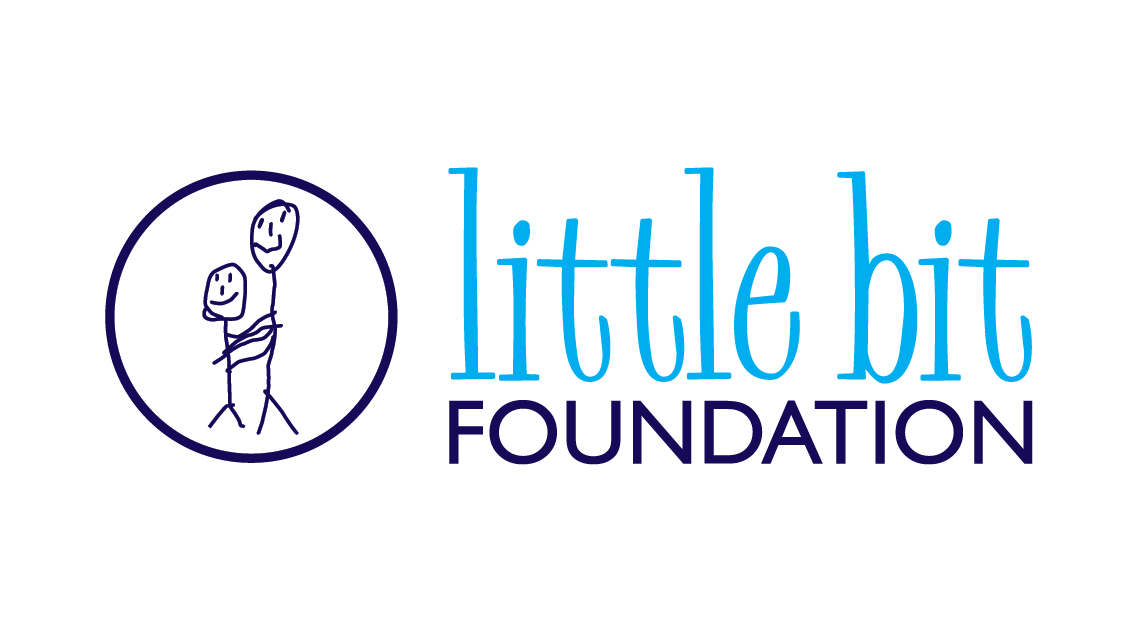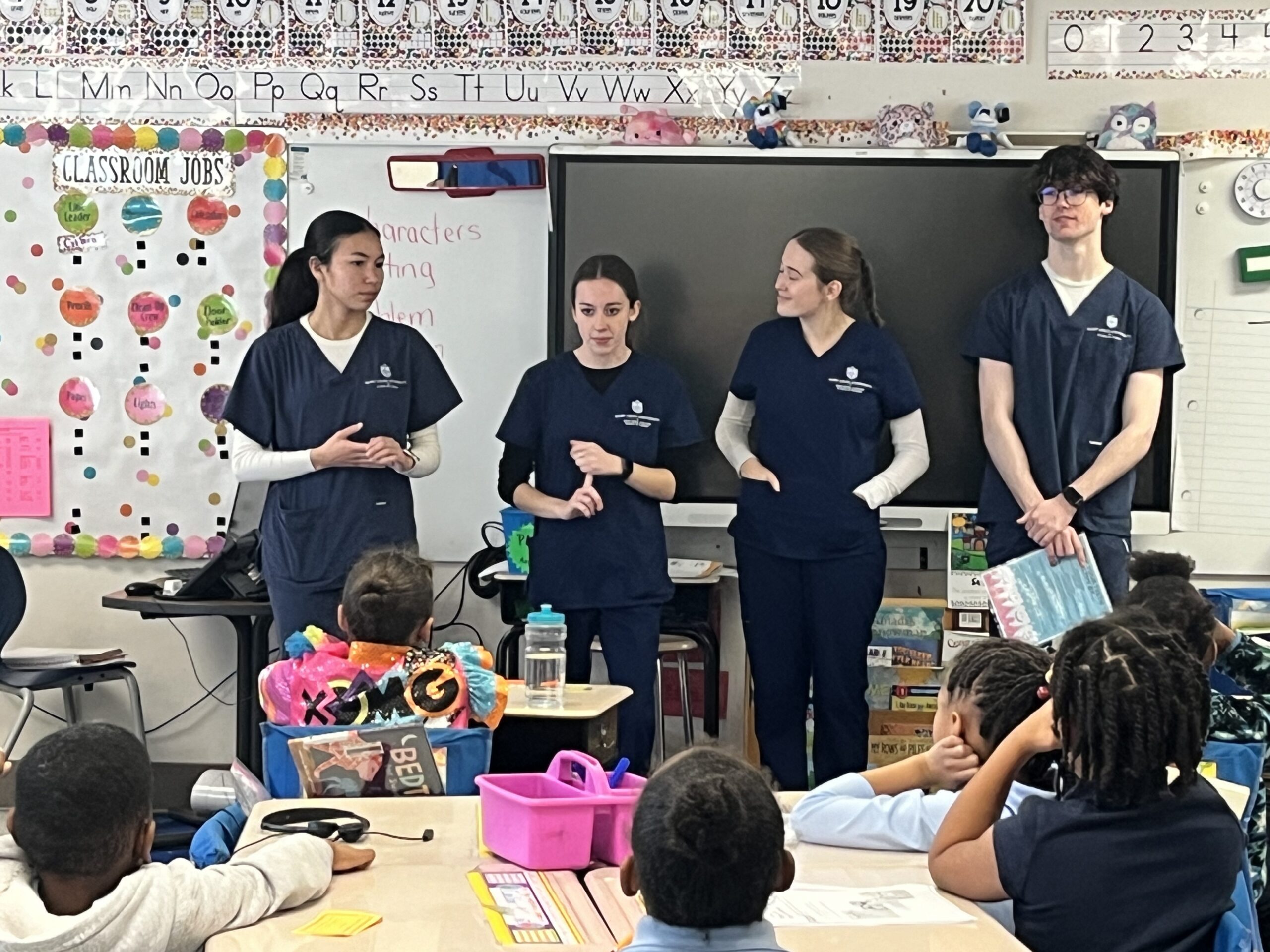“My heart is in meeting children where they are to help them be successful, and I’ve loved working with Little Bit to bring clinical services directly to schools,” says Melissa Harkins, Nurse Practitioner and Adjunct Nursing Professor at Saint Louis University School of Nursing. “Through SLU’s partnership with Little Bit, I’m also able to provide my nursing students with hands-on clinical experience, and for some, it’s been pretty eye opening.”
Nursing Cohort Leader at Peabody Elementary Jenn Wofford says, “What we are able to provide in school may be the only source of contact with health services for many of our students. As a former SLU nursing student myself, I know how invaluable these experiences are in understanding how great the need is in our underserved areas, and how rewarding the work can be. Not enough nurses are choosing public health.”
About 17 years into her career, Wofford decided she wanted to do more for the community and shifted to school nursing, serving as the school nurse at Peabody for the last six. She works with Little Bit to coordinate the Healthy Kids, Better Learners program at the school as well as the in-school family food market in partnership with St. Louis Area Foodbank. She also witnesses the work of the “most amazing volunteers ever” (Little Bit volunteers Mary Beth Goldman and Nancy Baily) in the Little Bit boutique.
“If you’re not healthy, if your basic needs aren’t met, you don’t have a foundation for learning,” says Wofford. “I’m so grateful that I have a partner to lean on in Little Bit and that, with their help, I can take care of not just students but the community.”
A decade ago, Little Bit was able to bring the Healthy Kids, Better Learners program to partner schools through a collaboration with IFM Community Medicine and SLU School of Nursing. Today, nursing students visit schools each semester to conduct health screenings and physicals, provide immunizations, and educate classrooms on topics chosen by the school.
“Some students have never even had interaction with a clinician, and they are very inquisitive about what we do and overall excited by our visit,” says Harkins. “In screenings, we find a lot of children with cavities, symptoms of asthma or malnourishment, and plenty who do not pass the vision exam; we are able to refer them on for follow-up services. We’re also able to ask questions about what they may need at home, such as food or better fitting shoes, and pass that information on to Little Bit.”
Harkins says classroom topics focus a lot on personal hygiene and good sleep habits but also depend on the age group. “Beginning in 4th and 5th grades, we’re having period talks with girls, and for middle schoolers, we’re discussing substance abuse. Many schools want us to share with students about the impact of bullying on physical and mental health. My students develop the lesson plan and come up with interactive activities to make each presentation more engaging. All around, it’s been an incredibly meaningful experience.”

